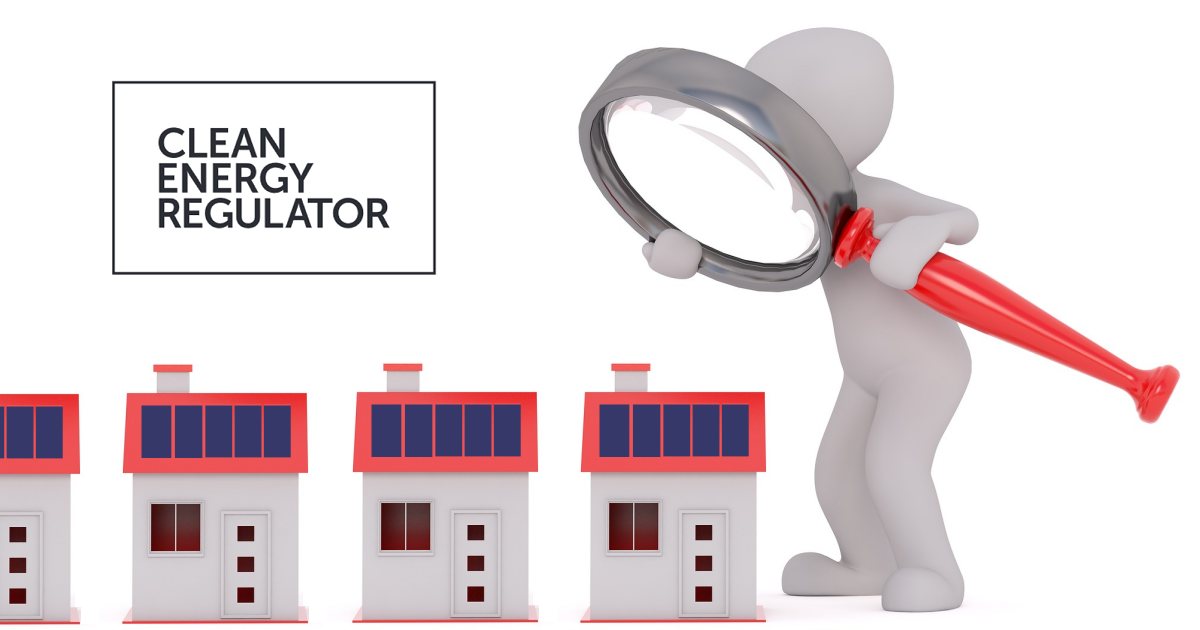Another set of tools to help maintain and enhance the integrity of Australia’s Small Scale Renewable Energy Scheme (SRES) are about to become mandatory.
From April 1 2022, Australian manufacturers or importers of solar panels and inverters eligible for Small-scale Technology Certificates (STCs) and listed on the Clean Energy Council’s approved products lists will need to enter details of these components into the Clean Energy Regulator’s panel/inverter serial number ledgers.
The Regulator first flagged it was developing a ledger for solar panels back in late 2020. Data in the ledger will help the agency assess the eligibility of STC claims by cross-checking serial numbers in claims against the ledger. STCs are the virtual bits of paper on which Australia’s solar rebate is based.
What About SPV?
SPV stands for Solar Panel Validation, an initiative that started a few years back enabling solar retailers and installers to get early confirmation of solar panel eligibility before and at the time of installation in cases where the manufacturer is an SPV participant.
A phone app is used to scan solar panel serial numbers, which are checked against a database to ensure the panels match information verified by the Clean Energy Council. As well as providing peace of mind to the retailer, installer and customer, this provides an added benefit of much faster STC processing.
55 solar panel manufacturers – including all the big names – are already participating in SPV.
SPV and the solar panel serial number ledger are separate beasties, with the latter complementing the former. Under the latest system, if the manufacturer or importer already participates in SPV, the verification service they work with will provide the Regulator with serial numbers on their behalf.
Non-compliance Consequences
Australian manufacturers and/or importers of panels and inverters are urged to provide serial number data “as soon as possible” after their products enter Australia. While a specific timeframe isn’t mentioned, the Regulator notes this information is necessary for STCs to be processed – and failure to provide serial number data will indicate non-compliance with the Renewable Energy (Electricity) Regulations 2001.
“This may result in the agency declaring a solar PV module or inverter ineligible under the SRES, a declaration of ineligibility means that the solar panel or inverter is not eligible for STCs which may impact your Australian sales results,” states the agency.
Further information on the serial number ledgers can be found here.
But Wait, There’s More
From Friday, there are also a bunch of new requirements impacting solar installers and designers, agents and retailers in relation to STCs.
The changes are part of sweeping reforms after a review of Australia’s rooftop solar sector, called for by Federal Minister for Energy and Emissions Reduction Angus Taylor in 2020. The results of the review – which contained 13 recommendations – were released in September 2021. You can learn more about some of the other boosted powers the Clean Energy Regulator will have here.


 RSS - Posts
RSS - Posts



Speak Your Mind